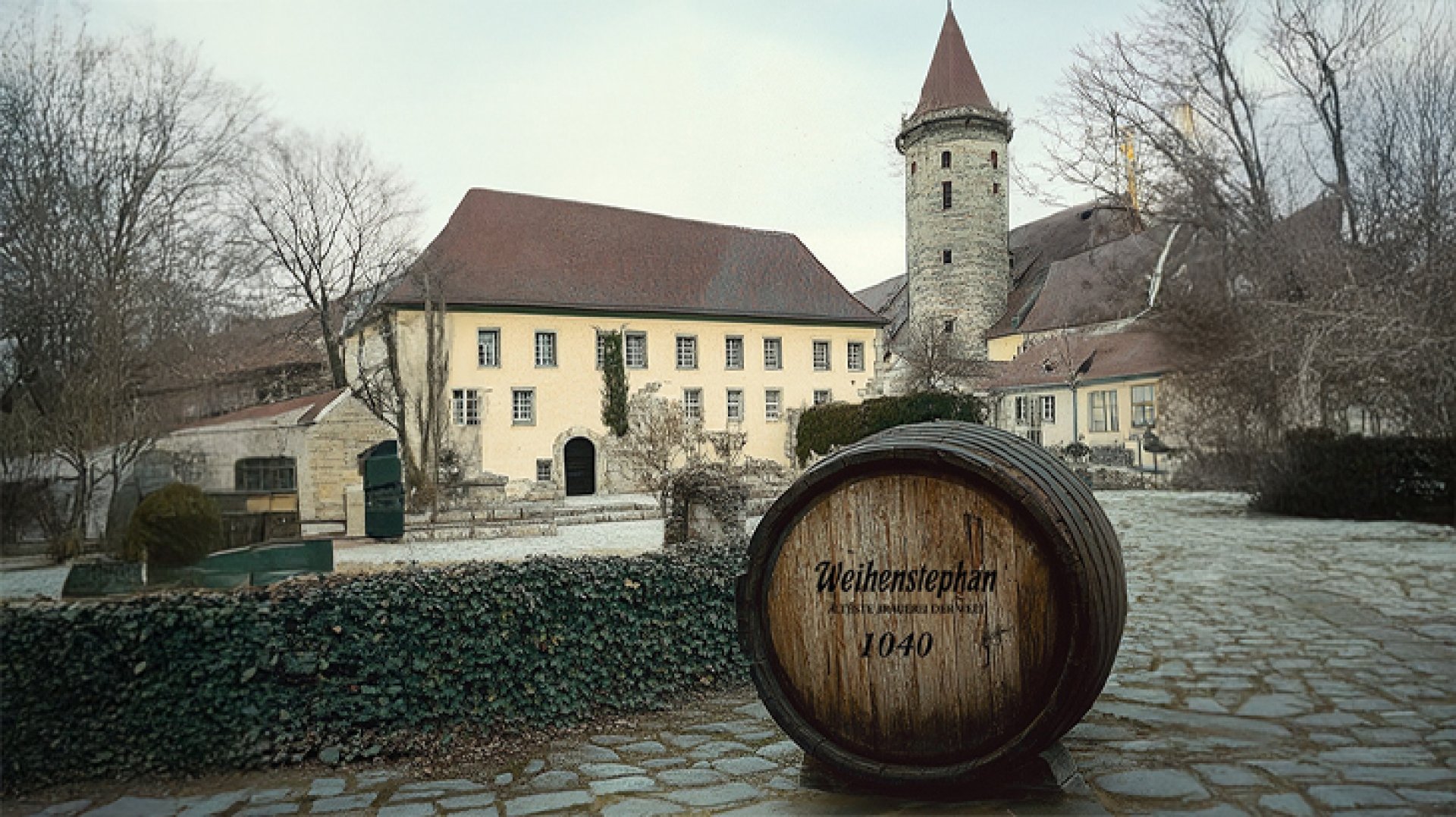Weihenstephaner

Origins and Founding
Weihenstephaner is one of the oldest breweries in the world, with a history spanning nearly 1,300 years. It is located in the Weihenstephan district of Freising, Bavaria, Germany. The brewery began as part of a Benedictine monastery founded in 725 by Saint Cobinian and twelve monks.
Official Start of Brewing
Although the monastery was established in 725, official beer production began in 1040 when Abbot Arnold received a license to brew and sell beer, marking the foundation of the Weihenstephaner Monastery Brewery.
Challenges and Rebuilding
The brewery faced numerous challenges, including raids by Hungarians in 955, multiple fires, and plagues between 1628 and 1906. Despite these setbacks, the Benedictine monks rebuilt and improved the brewery repeatedly.
Beer Purity Law and Reputation
In 1516, Duke Wilhelm IV of Bavaria enacted the Beer Purity Law (Reinheitsgebot), mandating beer production only from water, barley, and hops. Weihenstephaner gained fame for producing high-quality beer in compliance with this law.
Secularization and Education
In 1803, during secularization, ownership of the brewery transferred to the Bavarian government. In 1852, the government established a brewing education institute at Weihenstephan, now part of the Technical University of Munich, playing a key role in modern brewing techniques.
Weihenstephaner Today
In 1921, the brewery was renamed Bavarian State Brewery Weihenstephan and adopted the Bavarian state emblem as its logo. It continues to produce a variety of high-quality beers, including Weihenstephaner Hefeweissbier and Weihenstephaner Original, blending traditional brewing methods with modern technology.


